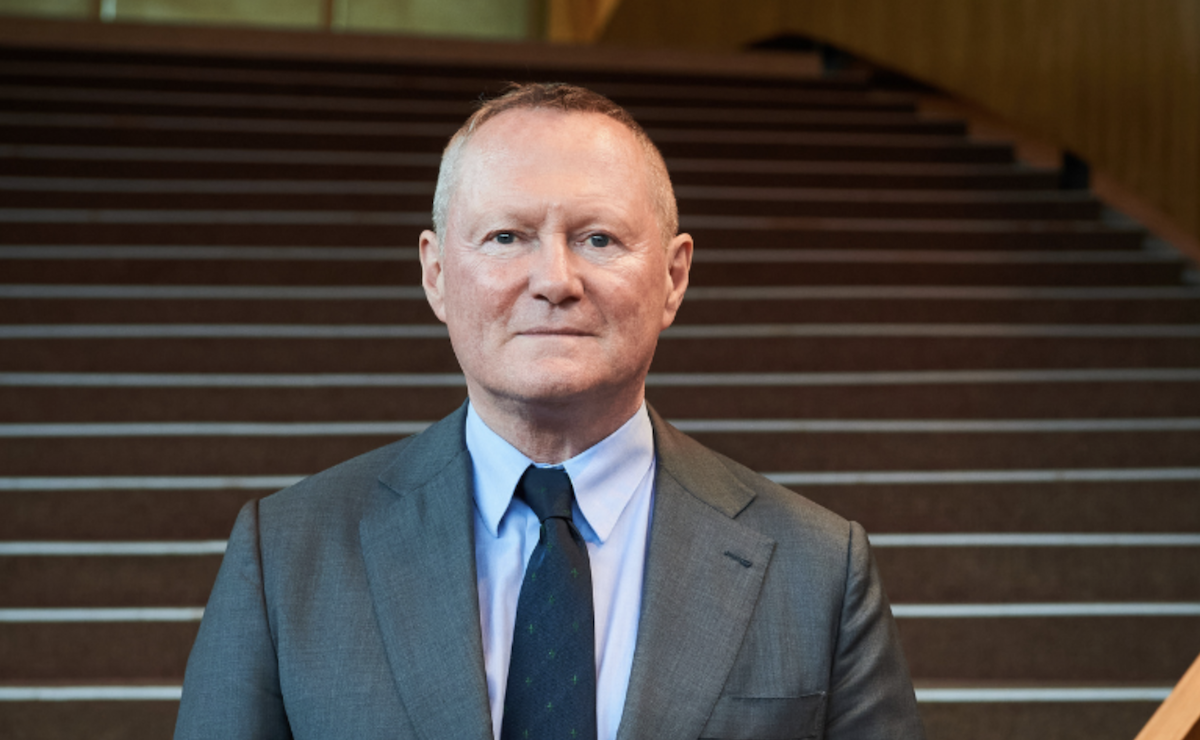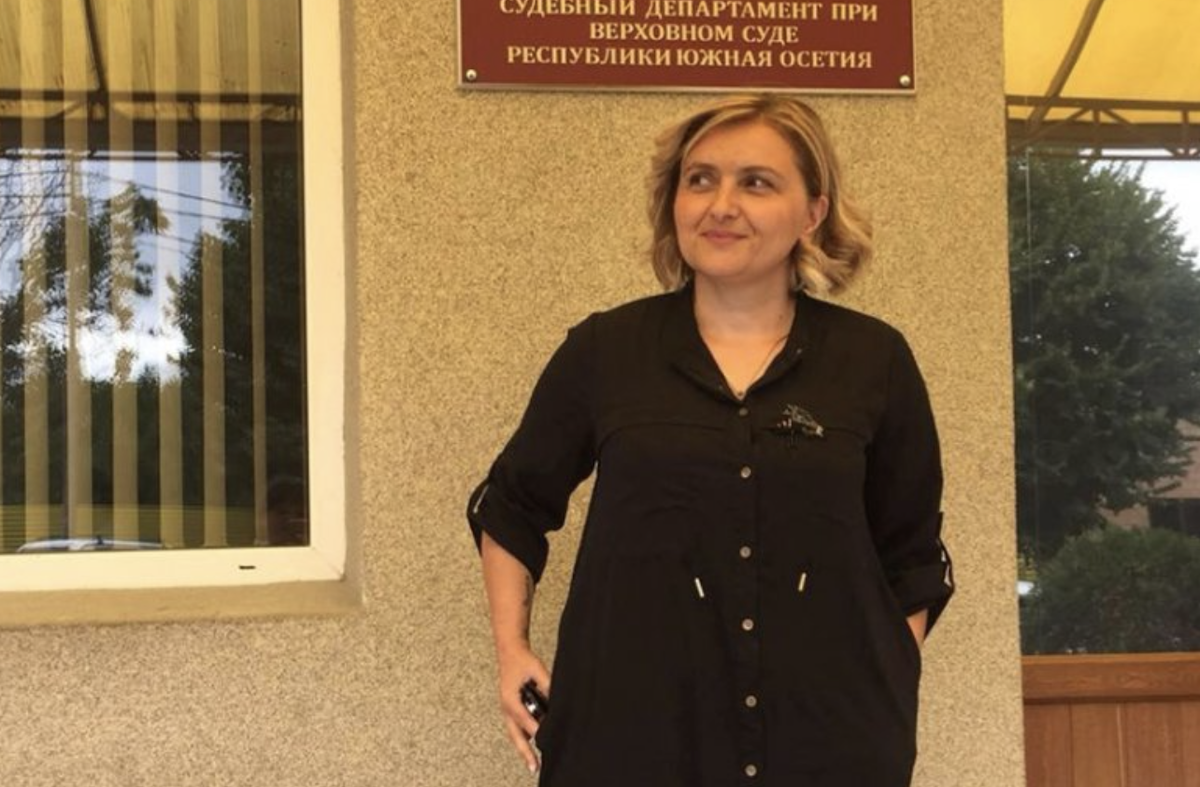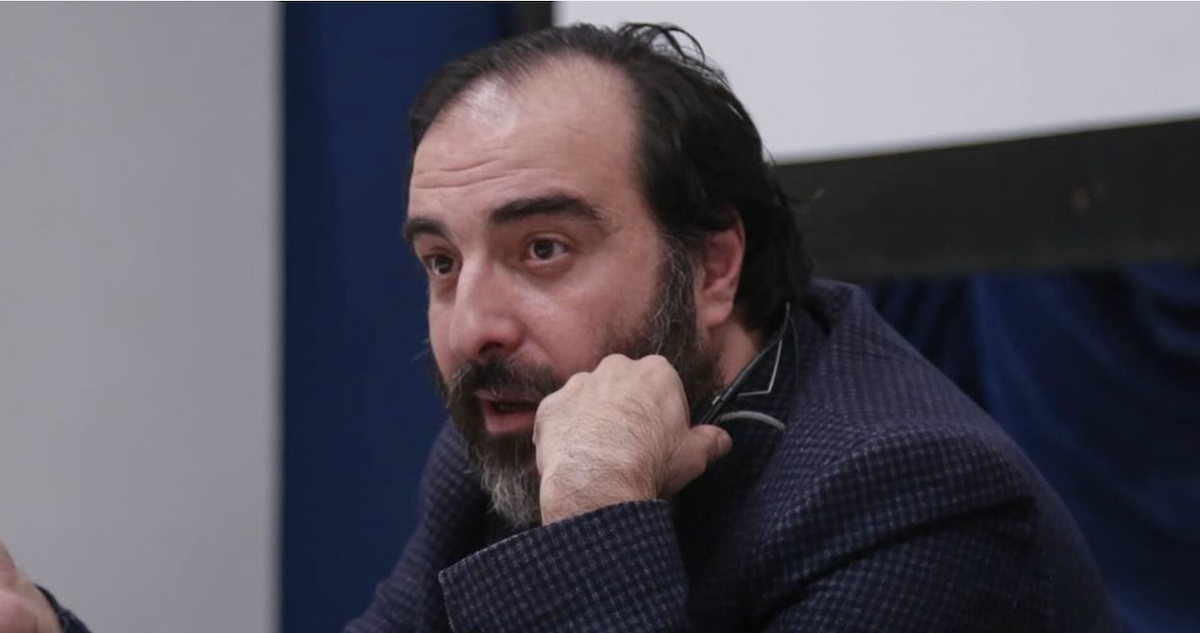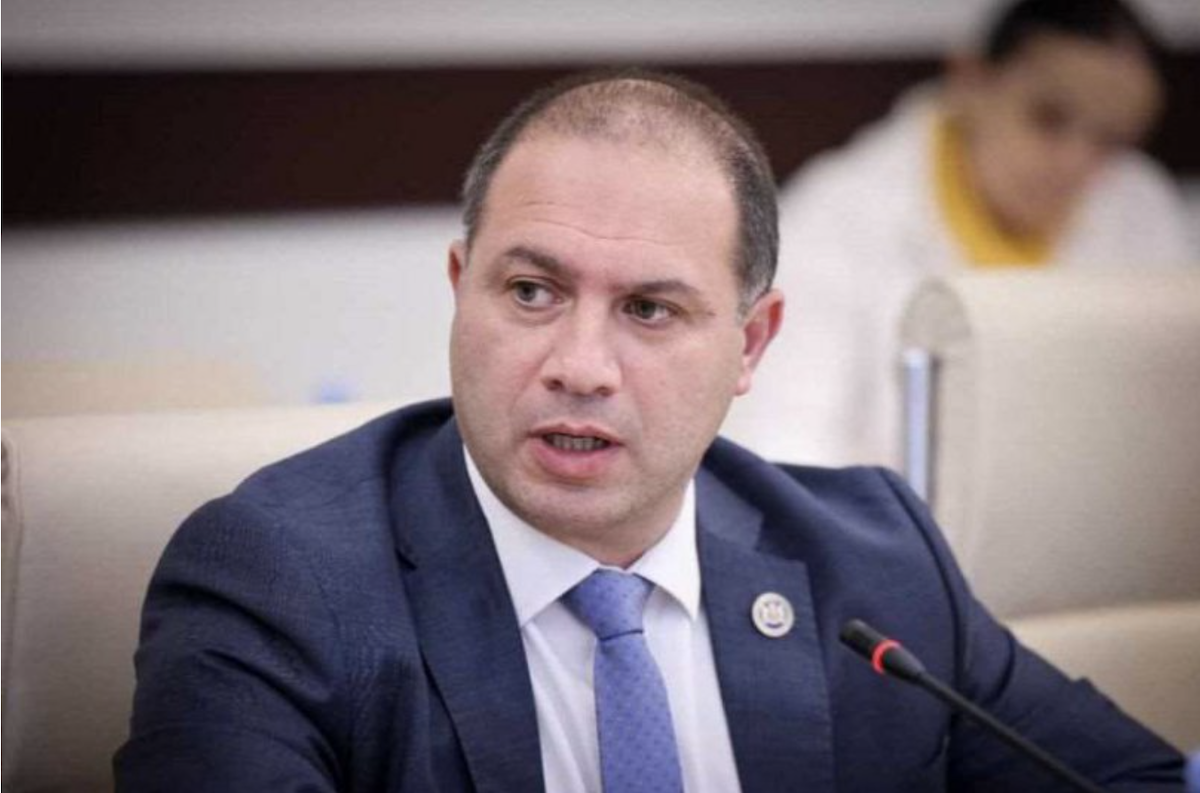Op-ed: Russian losing ground in Georgia - a positive or negative development?
I never feel comfortable when speaking Russian, even though I’ve heard the language since childhood. Proceeding from my profession (I am a political scientist), this feeling of uneasiness is getting more acute, especially when I am invited to Russian-language forums, workshops or conferences. For that very reason I frequently avoid attending some intercultural events.
However, I am no exception. Nowadays, the majority of young people under 30 cannot speak Russian properly.
According to a 2012 survey conducted by ACT marketing company, only 36% of Tbilisi residents claim to be fluent in Russian.
This is obviously just self-assessment rather than an objective indicator of linguistic competence, but it also indicates that the remaining 64% do not feel comfortable with the Russian language, to say nothing of the rural areas where Russian language skills are at a considerably lower level.
Since 2011 the Russian language has no longer been a compulsory school subject in Georgia. Movies dubbed in Russian are actually not broadcasted by Georgia’s national TV channels. Just a minor part of the population has access to them. Ethnic Georgians, with few exceptions, do not use Russian language in their daily communication. Although there are still a vast number of Hollywood movies dubbed in Russian that are found on internet .ge domains, here too Russian is gradually being replaced by Georgian and English.
I find it difficult to tell what the situation in Azerbaijan and Armenia is in this regard, though, from the outside, similar trends can be observed in neighboring countries as well.
The fact is that as a lingua franca, the Russian language is gradually disappearing from the Caucasus region. Should we prevent this process or not and what language shall we talk in to our neighbors?
The fact that the popularity of the Russian language has reduced considerably is, on the one hand, acceptable since former Soviet republics, that for many years were part of the Russian culture, are gradually regaining their identity. This is an important process, one that enables the countries of our region to prove that they are independent and unique cultures rather than a supplement to Russia and its culture.
However, if we look at the matter from a different perspective, a decline in the popularity of the Russian language may reduce the chances of communication between the countries in the region.
Until now, Russian has been a sort of lingua franca – a language for communication between different ethnic groups and nations. If the Caucasus countries forget Russian, there will be less communication between them and that will have a negative impact on the region’s political, economic, social and cultural development. We will actually be unable to talk to our neighbors. This is the argument used by those who support the idea of promoting and strengthening the Russian language in the region.
However, reanimation of the Russian language is erroneous for at least three reasons:
The first and most important: As mentioned above, returning to the Russian language as medium will bring adverse effects.
Secondly: in terms of limited resources, when studying a foreign language, the youth will definitely give preference to English over Russian. This is a quite natural and pragmatic choice. If a country wants to develop, it should encourage promotion of an international language. Today, 90 per cent of scientific and other literature are available only in English.
Thirdly: promoting English instead of Russian will enable our countries to build up relationships not only with post-Soviet countries, but also with the rest of the world. The Caucasus region needs more international-level political, cultural, educational and economic ties. It will soon be easier to communicate in English with Russian political, business, cultural and academic circles as well since English is gradually gaining popularity in Russia too.
Replacing the Russian language as a lingua franca shall in no way imply that Russian language resources which are available shouldn’t be used for communicating with each other. It would be unpragmatic. Though, in my opinion, it is important to break down the stereotype that ignorance of the Russian language either in Georgia or in any of the Caucasus republics is shameful.
It is important that more English-language intercultural events, especially for the youth of the Caucasus, be organized parallel to the Russian language. Often, when we meet Armenians or Azerians, proceeding from the maintained colonial stereotypes, we, as a rule, automatically put the Russian language in a privileged position for communication with each other. What I mean, is, first of all, to get rid of this approach.
One year ago, I delivered a lecture to Georgian and Armenian students after receiving an invitation from an NGO. My lecture was in English and the Q&A session was also in English. I realized that it was a much more productive method of communication than that I have ever had with Armenian students in Russian language.
It is necessary to promote the English language as a lingua franca in our region, especially as the current trends predict the replacement of the Russian language by English.
First published: 20.09.2016



















